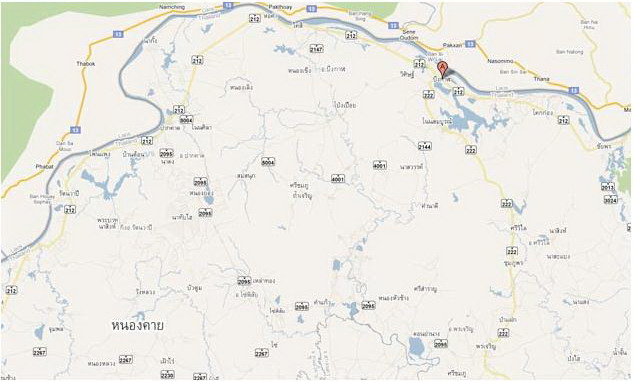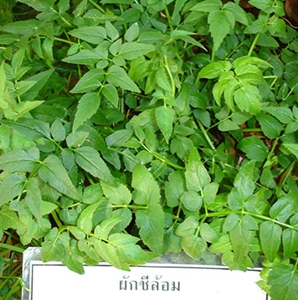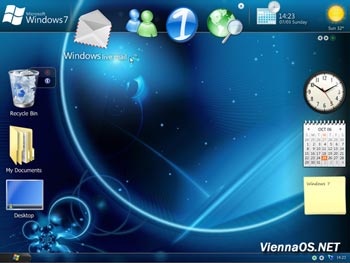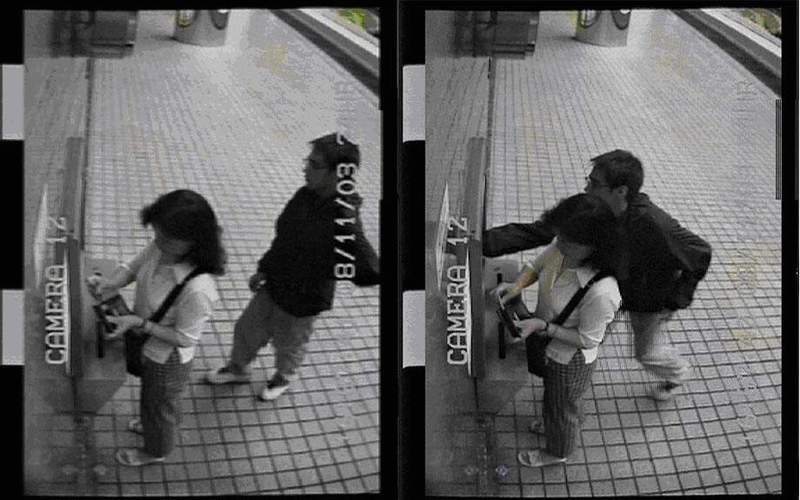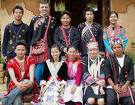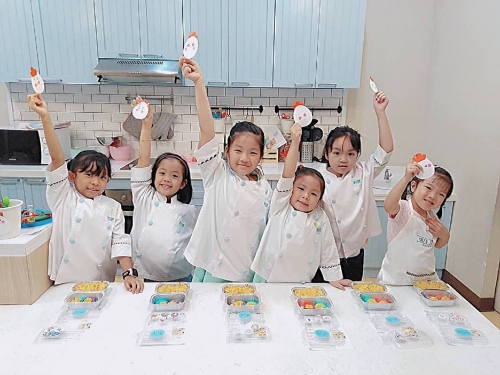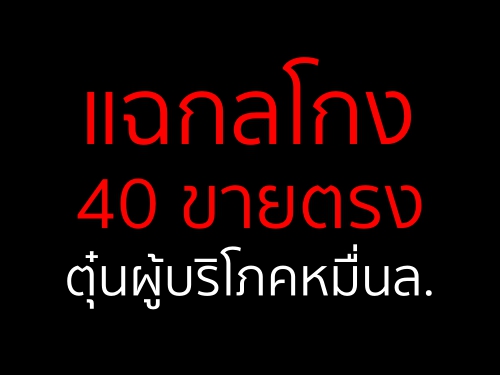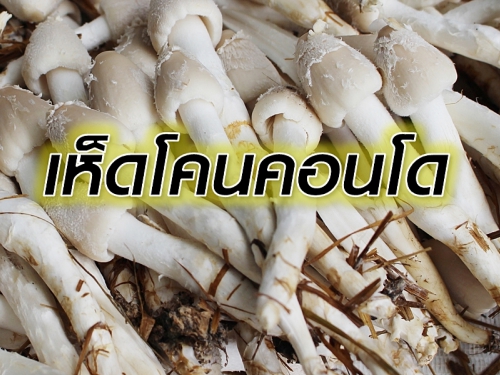บทคัดย่อ
การวิจัยครั้งนี้มีวัตถุประสงค์เพื่อ 1) ศึกษาสภาพปัจจุบัน สภาพที่พึงประสงค์ และแนวทางในการบริหารสถานศึกษาตามหลักปรัชญาของเศรษฐกิจพอเพียงเพื่อพัฒนาคุณภาพการศึกษาอย่างยั่งยืน โรงเรียนวัดศรีสำราญราษฎร์บำรุง (แช่มประชาอุทิศ) 2) สร้างและพัฒนารูปแบบการบริหารสถานศึกษาตามหลักปรัชญาของเศรษฐกิจพอเพียงเพื่อพัฒนาคุณภาพการศึกษาอย่างยั่งยืน โรงเรียนวัดศรีสำราญราษฎร์บำรุง (แช่มประชาอุทิศ) 3) ทดลองใช้รูปแบบการบริหารสถานศึกษาตามหลักปรัชญาของเศรษฐกิจพอเพียงเพื่อพัฒนาคุณภาพการศึกษาอย่างยั่งยืน โรงเรียนวัดศรีสำราญราษฎร์บำรุง (แช่มประชาอุทิศ) 4) ศึกษาประสิทธิผลของรูปแบบการบริหารสถานศึกษาตามหลักปรัชญาของเศรษฐกิจพอเพียงเพื่อพัฒนาคุณภาพการศึกษาอย่างยั่งยืน โรงเรียนวัดศรีสำราญราษฎร์บำรุง (แช่มประชาอุทิศ) เป็นการวิจัยแบบผสมผสาน การเก็บรวบรวมข้อมูลมีทั้งเชิงปริมาณและเชิงคุณภาพ ประชากรในการวิจัย ประกอบด้วย รองผู้อำนวยการสถานศึกษา ครู คณะกรรมการสถานศึกษาขั้นพื้นฐาน ผู้ปกครองและนักเรียนโรงเรียนวัดศรีสำราญราษฎร์บำรุง (แช่มประชาอุทิศ) มีขั้นตอนการวิจัย 4 ขั้นตอน เก็บรวบรวมข้อมูลโดยการวิเคราะห์เอกสาร การสนทนากลุ่ม การสัมภาษณ์กลุ่ม การทดลอง และการใช้แบบสอบถาม วิเคราะห์ข้อมูลโดยการวิเคราะห์เนื้อหา การแจกแจงความถี่ ค่าร้อยละ ค่าเฉลี่ย และส่วนเบี่ยงเบนมาตรฐาน ผลการวิจัยพบว่า
1. ผลการศึกษาสภาพปัจจุบัน พบว่าจุดเด่นของการบริหารมีลักษณะตรงกับจุดแข็งของโรงเรียน จุดที่ควรพัฒนามีลักษณะสอดคล้องกับจุดอ่อนของโรงเรียนที่ได้จากการวิเคราะห์สภาพแวดล้อมภายใน (SWOT Analysis) และจุดที่ควรพัฒนานี้มีลักษณะตรงข้ามกับสภาพที่พึงประสงค์ ส่วนแนวทางในการบริหารสถานศึกษาตามหลักปรัชญาของเศรษฐกิจพอเพียงเพื่อพัฒนาคุณภาพการศึกษาอย่างยั่งยืน ประกอบด้วยปัจจัยนำเข้า มี 4 องค์ประกอบ มีกระบวนการ 4 ขั้นตอนหลัก 8 ขั้นตอนย่อย และมีผลผลิต 3 ส่วน
2. รูปแบบที่ได้จากการวิจัยครั้งนี้ คือ รูปแบบการบริหารสถานศึกษาตามหลักปรัชญาของเศรษฐกิจพอเพียงเพื่อพัฒนาคุณภาพการศึกษาอย่างยั่งยืน โรงเรียนวัดศรีสำราญราษฎร์บำรุง (แช่มประชาอุทิศ) รูปแบบนี้มีชื่อว่า Philosophy of Sufficiency Economy for Sustainable Education Quality Model (PSE for SEQ Model)
3. ผลการทดลองใช้รูปแบบ พบว่า 1) ผลการทดลองส่งผลดีต่อการบริหารงาน 4 ฝ่ายของสถานศึกษา ได้แก่ งานบริหารวิชาการ งานบริหารงบประมาณ งานบริหารบุคคลและงานบริหารทั่วไป คือมีการนำหลักปรัชญาของเศรษฐกิจพอเพียงมากำหนดเป็นนโยบาย วิสัยทัศน์ พันธกิจ กลยุทธ์และโครงการในแผนปฏิบัติการประจำปี มีการระบุรายละเอียด ขั้นตอนการดำเนินการที่แต่ละฝ่ายงานจะต้องดำเนินการไว้อย่างชัดเจน ทำให้คณะครูและบุคลากรทุกฝ่ายที่เกี่ยวข้องมีความเข้าใจและสามารถนำไปปฏิบัติให้เป็นไปในทิศทางเดียวกัน มีหลักฐานร่องรอยการดำเนินงานตามหลักปรัชญาของเศรษฐกิจพอเพียงอย่างชัดเจนและเป็นรูปธรรม 2) ผลการศึกษาปัจจัยความสำเร็จในการบริหารสถานศึกษาตามหลักปรัชญาของเศรษฐกิจพอเพียงเพื่อพัฒนาคุณภาพการศึกษาอย่างยั่งยืน พบว่ามีส่วนประกอบ 3 ส่วน คือมีปัจจัย 4 องค์ประกอบ มีกระบวนการ 4 ขั้นตอนหลัก 8 ขั้นตอนย่อย และมีผลผลิต 3 ส่วน 3) ผลการศึกษาแนวทางการขับเคลื่อนศูนย์ครอบครัวพอเพียงโรงเรียนวัดศรีสำราญราษฎร์บำรุง (แช่มประชาอุทิศ) พบว่า เน้นการพัฒนาบทบาทของนักเรียนให้เป็นผู้นำและผู้ตามในการทำกิจกรรมตามพันธกิจ 5 ด้าน ได้แก่ ด้านศาสนา วัฒนธรรม และสถาบันพระมหากษัตริย์ ด้านสิ่งแวดล้อม ด้านประชาธิปไตย ด้านสังคม และด้านเศรษฐกิจ
4. ผลการศึกษาประสิทธิผลของรูปแบบการบริหารสถานศึกษาตามหลักปรัชญาของเศรษฐกิจพอเพียงเพื่อพัฒนาคุณภาพการศึกษาอย่างยั่งยืน โรงเรียนวัดศรีสำราญราษฎร์บำรุง (แช่มประชาอุทิศ) พบว่า 1) ผลการปฏิบัติเกี่ยวกับงานบริหาร 4 ฝ่ายของรองผู้อำนวยการสถานศึกษาและครู อยู่ในระดับมากที่สุด 2) ผลการศึกษาข้อมูลด้านคุณภาพผู้เรียน พบว่ามีการพัฒนาดีขึ้น 3) ผลการศึกษาความพึงพอใจของผู้มีส่วนเกี่ยวข้องที่มีต่อรูปแบบการบริหารสถานศึกษาตามหลักปรัชญาของเศรษฐกิจพอเพียงเพื่อพัฒนาคุณภาพการศึกษาอย่างยั่งยืน พบว่า รองผู้อำนวยการสถานศึกษา ครู และคณะกรรมการสถานศึกษาขั้นพื้นฐาน มีความพึงพอใจอยู่ในระดับมากที่สุด ส่วนผู้ปกครองและนักเรียนมีความพึงพอใจอยู่ในระดับมาก
Abstract
The purposes of this research were to 1) study the current condition, desired condition and guidelines for school administration based on the philosophy of sufficiency economy for sustainable education quality development of Watsrisamranratbamrung School 2) create and develop the school administration model based on the philosophy of sufficiency economy for sustainable education quality development of Watsrisamranratbamrung School 3) experiment with the school administration model based on the philosophy of sufficiency economy for sustainable education quality development of Watsrisamranratbamrung School 4) study the effectiveness of the school administration based on the philosophy of sufficiency economy for sustainable education quality development of Watsrisamran ratbamrung School. It was a mixed methods research. The data collection was both quantitative and qualitative. The research population consists of the school deputy directors, teachers, basic education commission, parents and students of Watsrisamranratbamrung School. There were 4 research steps. The data were collected by document analysis, focus group, group interview, experiment, and questionnaires. The data were analyzed by content analysis, frequency, percentage, mean, and standard deviation. The research results found that:
1. Results of the current condition found that they were the strengths and weaknesses of the school corresponds to the internal environment analysis (SWOT Analysis). The weaknesses were opposite to the desired condition. The guidelines for school administration based on the philosophy of sufficiency economy for sustainable education quality development found that there are 4 inputs, 4 main processes, 8 sub-steps, and 3 parts of output.
2. The model obtained from this research was the School Administration model based on the philosophy of sufficiency economy for sustainable education quality development of Watsrisamranratbamrung School. This model’s name was Philosophy of Sufficiency Economy for Sustainable Education Quality Model (PSE for SEQ Model).
3. The results of the experiment using the model found that 1) The results of the experiment had a positive effect on 4 administrative tasks : academic administration, budget administration, personnel administration and general administration. That were, the philosophy of the sufficiency economy was used to define policies, visions, missions, strategies, and projects in the annual action plan. The details were specified the steps that each task must take are clearly stated. This allowed teachers and all personnel involved to understand and were able to put into practice in the same direction. There was clear and concrete evidence of the operation according to the philosophy of sufficiency economy. 2) Results of the study of success factors in educational administration based on the philosophy of sufficiency economy for sustainable education quality development was found that there were 3 factors: 4 inputs, 4 main processes, 8 sub-steps, and 3 outputs. 3) Results of the study of guidelines for driving the Sufficiency Family Center at Watsrisamran ratbamrung School found that emphasis was placed on developing the role of students to be leaders and followers in carrying out activities according to the mission in 5 areas: Religion, culture and the monarchy, Environmental, Democratic, Social and Economic.
4. Results of the study of the effectiveness of the school administration model based on the philosophy of sufficiency economy for sustainable education quality development of Watsrisamranratbamrung School found that 1) Performance results regarding the 4 quality administrations of the school deputy directors and teachers were at the highest level 2) Results of the study of student quality data was found to have improved. 3) The results of the study of the stakeholder satisfaction with the school administration model based on the philosophy of sufficiency economy for sustainable education quality development found that the school deputy director, teachers and basic education commissions satisfaction were at the highest level. As for parents and students, they were at a high level of satisfaction.


 ค้นหาทุกอย่างในเว็บครูบ้านนอก :
ค้นหาทุกอย่างในเว็บครูบ้านนอก :











